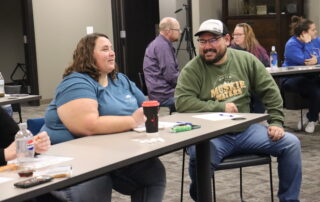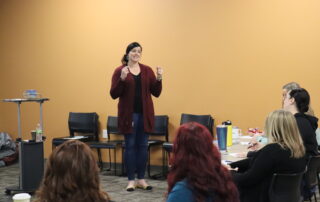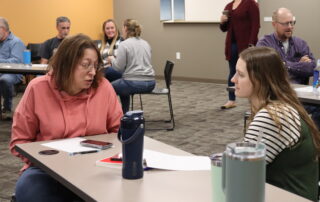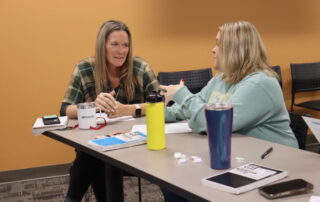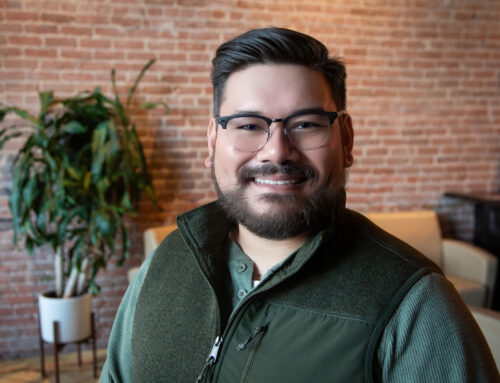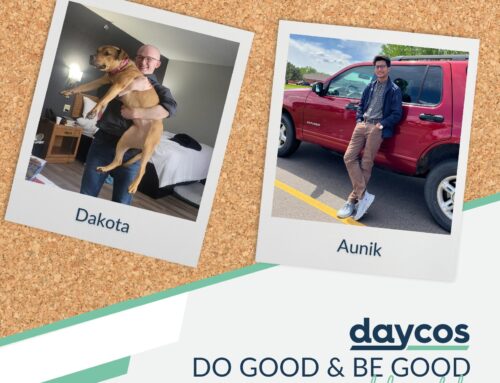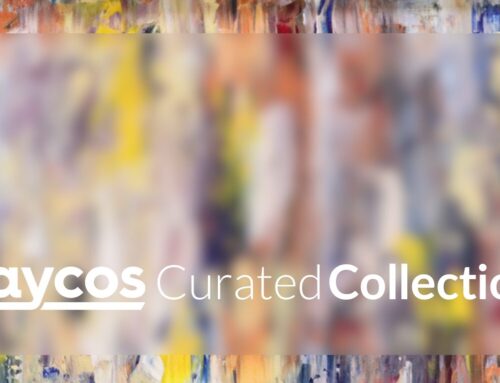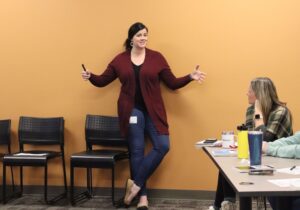 Many of our core values focus on making life better. We work hard to be better relationship builders and problem solvers. We strive to create a better place to work and better communities through giving back. To do this well, we must be dedicated to being better for and with each other. One way we do that is by offering and receiving feedback as if it is a gift.
Many of our core values focus on making life better. We work hard to be better relationship builders and problem solvers. We strive to create a better place to work and better communities through giving back. To do this well, we must be dedicated to being better for and with each other. One way we do that is by offering and receiving feedback as if it is a gift.
Both giving and receiving feedback are hard. It requires trusting the intent of the person giving the feedback and being open to learning more about yourself and others as you receive it. Because of this, we offer our teams resources, tools, and a shared set of community values as they make the step to ask for what they need from others to be successful and to help others grow. We practiced this recently during a company-wide training session with our friend Kayla Schnuelle from Mission Matters.
During the session, we used the analogy of using an air hose to fill up your car tire. Imagine someone steps on the air hose, but you don’t realize it. You can’t fill up your tire, and you don’t understand why. Then someone tells you. It’s only then you can ask the person to move and get air into your tire. Let’s break that down into three steps that can provide meaningful feedback.
- 1
Name it to tame it. Air is not getting through the air hose, and I can’t fill up my tire.
- 2
What’s the block? A person is standing on the hose, so air can’t get through.
- 3
What’s the impact? If I can’t fill up my car tire, I can’t get to where I am going.
How does this apply to a typical workplace issue?
- 1
Name it to tame it. Jane Doe is always late to meetings.
- 2
What’s the block? We can’t get started on time or have to go back and catch her up.
- 3
What’s the impact? We don’t get everything covered in our meetings, and it limits our ability to meet our goals.
Being brave enough to provide good feedback is a gift to both the person giving it and the one receiving it. Processes like this help us to reflect on the situation holistically by understanding what the issue is, how it impacts you personally, and how it impacts the greater group. When we do that, we are more prepared to enter into a conversation, making the idea of working to get better together a little easier. It’s all part of the Daycos difference. Discover the Daycos difference at daycos.com/jobs.

